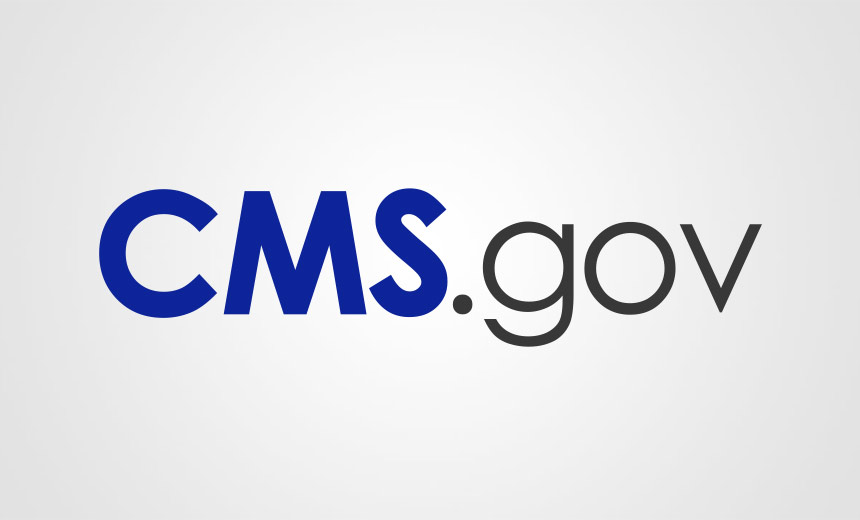Data Governance,
Data Privacy,
Data Security
Experts Express Concern Over Musk’s Team and Health Data Access

Privacy experts are closely observing the implications of a newly formed initiative under the Trump administration called the Department of Government Efficiency (DOGE), led by Elon Musk. The initiative is reportedly accessing government IT systems containing sensitive Medicare beneficiary and health-related data, which raises questions about potential privacy breaches involving American personal health information.
On a recent Wednesday, the Centers for Medicare and Medicaid Services (CMS)—the largest segment of the U.S. Department of Health and Human Services (HHS)—issued a statement confirming its collaboration with DOGE. The initiative claims to be looking for ways to enhance operational efficiencies within the federal government.
According to a report by the Wall Street Journal, DOGE associates were observed on-site at CMS facilities conducting searches for potential fraud within the Medicare payment systems. It was noted that CMS paid approximately $1.5 trillion in fiscal year 2024, signaling the substantial volume of sensitive data at play. The agency stated that two senior officials are leading the collaboration, ensuring that access to CMS’s technology and systems adheres to appropriate protocols.
However, the move has prompted apprehension among privacy professionals, who emphasize that the access to extensive Medicare and Medicaid datasets complicates the safeguarding of HIPAA-protected health information. Regulatory attorney Sharon Klein highlighted that CMS has various files that may contain identifiable patient information crucial for claims and research purposes.
Experts warn that unauthorized access to sensitive health information, if it violates HIPAA regulations, constitutes a breach—even if the data accessed is nominally classified as “read-only.” The intent of DOGE to uncover fraud does not mitigate the accompanying risks of potential breaches or unauthorized data exposure.
Concerns about the initiative’s hastiness were echoed by a regulatory expert. They noted that while DOGE aims to uncover actionable insights related to health program fraud, the speed of access raises doubts about compliance protocols. This is particularly troubling given the potential missteps that could compromise patient confidentiality.
Security analysts reference tactics from the MITRE ATT&CK Framework, suggesting that initial access and privilege escalation techniques may be evident in this situation. Ensuring that governmental access to protected health information is compliant with legal standards remains a pressing concern.
In light of these developments, uncertainty looms regarding the extent and type of data being accessed, alongside what measures are being implemented to safeguard that information. Privacy attorney Kirk Nahra voiced skepticism about the viability and transparency of the data access claims, further suggesting that any responsible approach to healthcare fraud must rely on concrete evidence and detailed investigations.
As DOGE forges ahead with its controversial access to sensitive government databases, the intersection of technology, governance, and privacy continues to evolve, warranting vigilance from business owners and cybersecurity professionals alike.